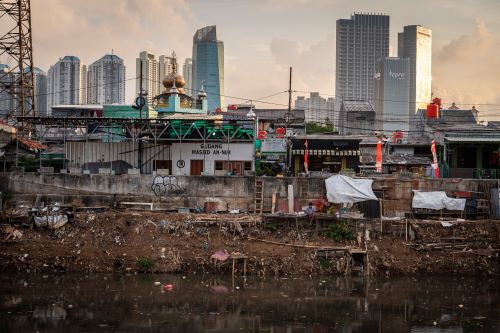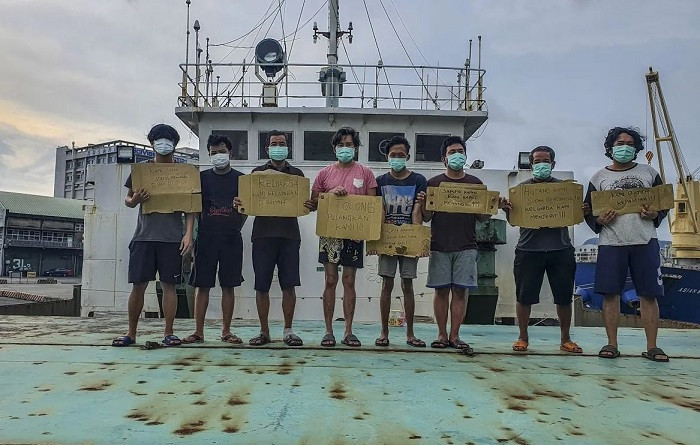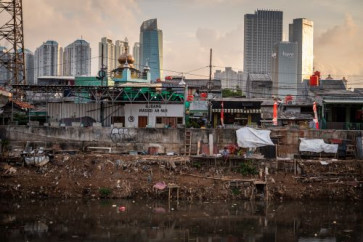Popular Reads
Top Results
Can't find what you're looking for?
View all search resultsPopular Reads
Top Results
Can't find what you're looking for?
View all search resultsWhat should be on the global financial agenda?
A crucial issue is public-sector over-indebtedness, which affects about one-third of developing countries, while several others face high debt levels and interest costs.
Change text size
Gift Premium Articles
to Anyone
T
he United Nations Conference on Financing for Development has been a great occasion for building consensus on global financing issues. The next meeting, set for later this year in Spain, will continue the progress made previously in Monterrey (2002), Doha (2008) and Addis Ababa (2015), and preparations are already underway with the launch of two major background documents.
While a “Zero Draft” will serve as the basis for the negotiations, delegates also will consider a set of proposals from an international commission of experts that I had the honor of coordinating. Both reflect the ambition to build on the Addis Ababa Action Agenda.
The central objective of this process is to support developing countries’ growth strategies. The commission of experts emphasized the need to restore and strengthen the transformative role of the state, envisioning it as a key driver of development and structural transformation.
That means emphasizing the quality as well as the quantity of resources that are mobilized, and replacing a short-term project-focused agenda with one geared toward collectively defined longer-term goals. Each task calls for strengthening the currently weakened multilateral system and creating new regional platforms.
A crucial issue is public-sector over-indebtedness, which affects about one-third of developing countries, while several others face high debt levels and interest costs.
This problem stems from the large fiscal imbalances during the COVID-19 pandemic and the rise in interest rates in recent years. Managing it will require an ambitious short-term renegotiation instrument, which can build on the G20’s 2020 Common Framework for Debt Treatments.
This time, however, the renegotiation process must be faster, and access should be extended to middle-income countries. In the long term, we need a permanent mechanism for sovereign debt restructuring, which could be housed either in the UN or the International Monetary Fund, provided, in the latter case, that it remains independent of the IMF Board.



















